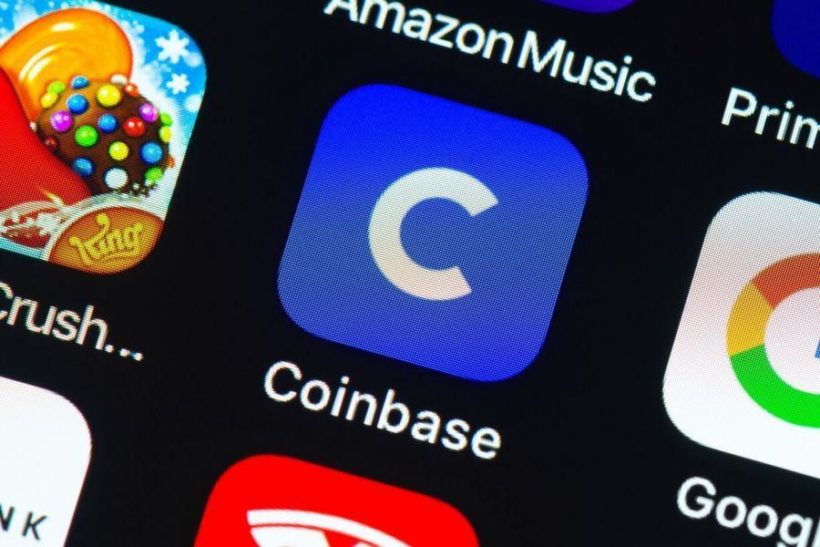The Venezuelan Ministry of Popular Power for Communication and Information (MIPPCI) has issued some new set of rules for crypto service providers in the country, including the exchange platforms and miners.
The official gazette published last week includes the “Constituent Decree on the Integral System of Crypto Assets.” The publication has activated a new regulatory framework that will necessitate businesses working with crypto assets to register with Sunacrip, the country’s superintendency of crypto-related activities.
Sunacrip
Subsequently, Sunacrip will establish the registration requirements and processes. The affected businesses will be informed about them accordingly. The Gazette further states that not registering will issue a penalty equivalent to 100–300 Petros, the country’s national cryptocurrency.
The new decree has now established the regulator as the highest crypto authority in Venezuela. It’s power ranges from day-to-day oversight to administrative-level execution of plans and programs. A total of 63 articles has been listed in the decree that covers definitions of crypto terms, the Sunacrip’s remit, businesses’ registration, audit requirements, penalties for non-compliance or criminal behavior, and more.
Henceforth, Sunacrip will undertake inspection and auditing of crypto companies. Furthermore, the firm can revoke licenses if the companies are found to be non-compliant or a danger to the public. The punishment for the crypto firms found non-compliant with the new rules is one to three years and a penalty equivalent to 50–100 petros. As for mining rigs can be seized with the agency retaining the equipment.
It has been previously indicated by the Venezuelan government that they may limit the number of crypto exchanges that are allowed to operate in the country. Venezuela is the one and only nations to have launched a national cryptocurrency. However, soon after it launched, US President Donald Trump did ordered sanctions against the petro in March 2018.
To counteract the sanction, Nicolas Maduro, the nation’s president has been making a number of efforts to encourage the adoption of the oil-backed petro, both at home and abroad. From propositioning OPEC to accept Petro as the “Digital Currency For Oil” to pushing citizens to pay for passports with Petro.











